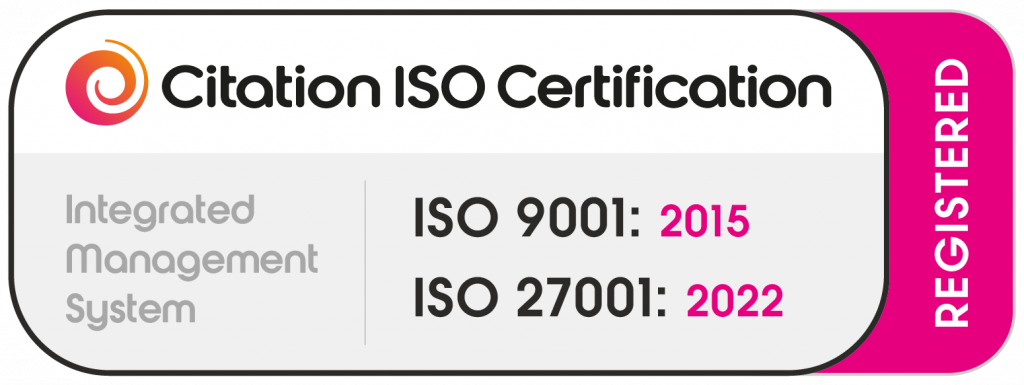5 Myths of Recruitment Debunked
Recruitment is an important process in any workforce, so there are a lot of misconceptions about the process among applicants. This article will debunk five common myths about recruitment and help make the process simpler and more transparent.
Recruitment is the process of identifying job applicants and selecting them for employment in an organization. Any organization needs a recruitment process to ensure that potential new employees are a good fit. There are many myths associated with recruitment, particularly for those that have never gone through the process.
Myths are unfounded beliefs or incorrect assumptions. It's important to distinguish between myths and facts in order to understand the recruitment process. This article will explore five of the most common myths related to recruitment and provide counterarguments to the myths.
Myth 1: "Recruiters Only Care About Skills"
This is false. While skills are important to recruiters, they also recognize other qualities that applicants possess that could be a benefit to their organization. A recruiter looks for a variety of different qualities in applicants, such as soft skills, cultural fit, attitude, aptitude, and interpersonal skills. All of these qualities can play a role in an applicant's success in a position.
Recruiters often use behavioral profiling and psychological tests to assess an applicant's psychological qualities. They take all of these pieces of information into account when making a decision, rather than just focusing solely on the applicant's technical skills.
Myth 2: "My CV will be rejected by a bot"
In some cases, employers may use bots to sort through the vast array of applicants. This is typically done to quickly identify the most qualified applicants who meet the minimum requirements for the position. While bots can be used to narrow down the applicant pool, they should not be relied upon to make the final decision. It is ultimately up to the recruiter to pick the best candidate for the job.
Applicants should still ensure that their CV is well-written and includes relevant skills, experience, and qualifications. This will ensure that your CV stands out from other applicants and has a better chance of being read by recruiters.
Myth 3: "Contact the Hiring Manager Instead of the Recruiter"
Many applicants think that if they contact the hiring manager directly, their resumes will be given more weight than those sent through the recruiter. However, this isn't the case. Recruiters are specifically trained to assess applicants and make decisions on who should move forward in the recruitment process.
Applicants should always contact the recruiter first. If the recruiter wishes to forward the applicant's information to the hiring manager, they will do so on their own accord. Trying to contact the hiring manager directly may be off-putting and may lead to the applicant being overlooked.
Myth 4: "Only Apply for Jobs You're 100% Qualified For"
This myth is simply untrue. Many jobs require specialized skill sets that can only be obtained through experience. However, there are usually ways for applicants with limited experience to demonstrate their potential. Applicants should be open to applying for jobs even if they don't meet all of the qualifications, as long as they can demonstrate their potential.
Applicants should also be open to learning new skills. It is often easier to learn a new skillset than to gain the experience for the position. Additionally, recruiters and hiring managers often appreciate applicants who are open to learning new skills and expanding their knowledge.
Myth 5: "Negotiating is About Who Says the Number First"
This is false as well. Negotiating is not about who says the number first, it is about creating an agreement that is fair to both parties. It is important for applicants to be realistic when negotiating a salary, as a salary that is too high may turn off recruiters and hiring managers. It is also important to be able to explain why you are worth a certain salary.
Negotiating can be a difficult process, but working with a recruiter can make it much easier. Many recruiters are experienced in negotiating salaries and can provide applicants with helpful advice and support. It's important to remember that negotiation is a give-and-take process and that both parties must be willing to compromise to reach a fair agreement.
Recruitment can be a confusing process, but with the right resources and by being aware of the myths associated with recruitment, applicants can be better prepared for the process. By understanding the five myths outlined in this article, applicants can avoid misinformation and misconceptions and have a smoother recruitment experience.







